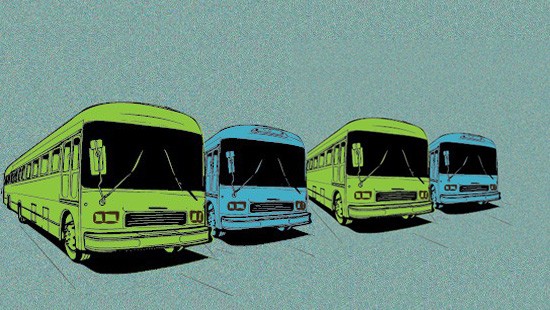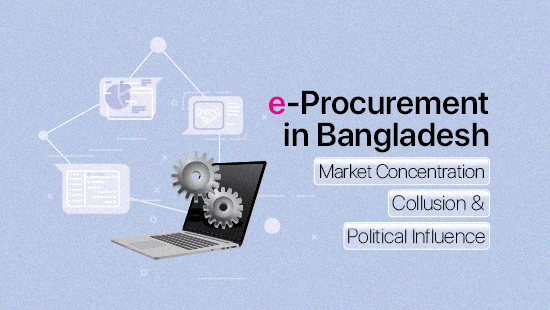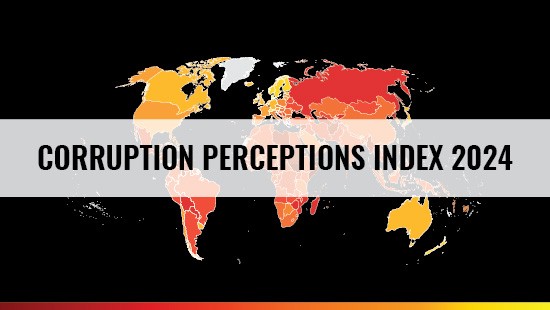Countries called upon to honor commitments to involve civil society in the UNCAC review process
Vienna and Dhaka, 20th June 2012: The Executive Director of Transparency International Bangladesh Dr. Iftekharuzzaman today called upon all member states of the UN Convention against Corruption (UNCAC) to honor their commitment to involve the civil society in the Convention review process.
“There can be no effective fight against corruption without citizen involvement, and that Governments ignore civil society only at their own risk”, he said as Head of Delegation of Berlin-based Transparency International while addressing UNCAC Implementation Review Group meeting in Vienna, according to a message received here today.
The third session of the Implementation Review Group (IRG) of the UNCAC States Parties began in Vienna on 18 June and will conclude on Friday. This is the first time that provision has been made for civil society briefings before the IRG and share their experience and expectations in order to make the Convention truly effective so that its benefits are reaped by the people.
Highlighting the need for effective monitoring and enforcement of the UNCAC, Dr. Zaman lamented that executive summary of review reports of less than 20 countries are available online while more than 50 reports are still pending in the third years of review process. Dr. Zaman suggested three measures: time, trust and transparency, for improving the Convention review process.
He said: “the review process could be made more effective if the timetable for country reviews and the focal point were published. Secondly, all government responses to UNODC’s Self-Assessment Checklist and all full reports should be made public and finally the need for building trust through a participatory process is a must.”
Reminding that that Article 63 of UNCAC itself requires exchange of information with civil society, he added: “Civil society inputs should be accepted and put to good use by reviewed governments and reviewers, identifying where they agree or disagree. Civil society should also be involved in the process of deciding technical assistance, and indeed in some cases civil society organisations can provide such assistance.”
Citing that there were examples of institutions of accountability subjected to partisan political influence that make room for impunity to corrupt practices, he remarked that: “power belongs to the people, and it is only by the mandate of the people that power is entrusted to the Government. People have the right to know.”
He observed that the true ownership of the Convention is yet to be developed in many cases either for lack of due appreciation of the benefits of UNCAC or for a deficit of political will, “Persisting gaps in enforcement and practice can be addressed only by full commitment to build institutional capacity to truly and effectively criminalize corruption without fear or favor”, he added.







